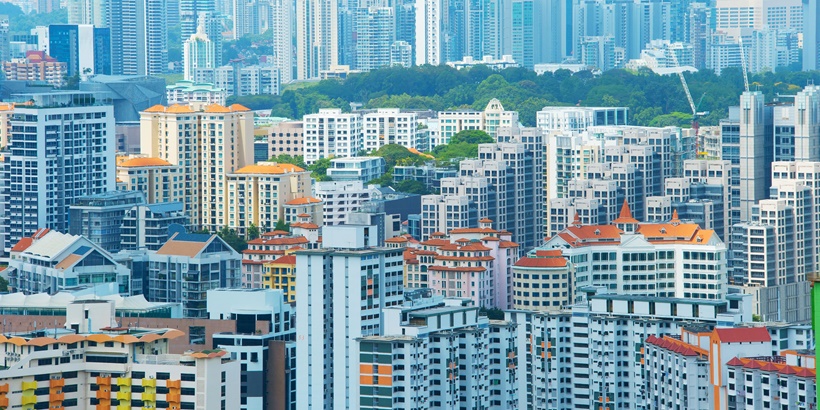
This comes as Singapore’s housing market registered a rapid recovery after the COVID-19 pandemic brought the economy to its worst recession, sparking speculation that the government would once again intervene and roll-out new cooling measures.
Singapore’s Deputy Prime Minister Heng Swee Keat warned that the low interest rate environment can lead to property price distortions, reported Bloomberg.
“The interest rates today are ultra low, and in some cases even negative, so this can lead to a significant mispricing of asset prices and a significant risk of investing in the wrong places,” Heng said in an interview with Bloomberg News on Wednesday (17 February).
His statement came amid speculation that the government may introduce new cooling measures in the housing market.
This comes as Singapore’s housing market registered a rapid recovery after the COVID-19 pandemic brought the economy to its worst recession, sparking speculation that the government would once again intervene and roll-out new cooling measures.
Recommended article: Home Financing Strategies For Managing Cash Flow Amidst COVID-19 Pandemic
Government ministers including Heng, who is also the Finance Minister, have said they do not want to see the property market running ahead of economic fundamentals.
“When individuals commit to buying a property, they are making a big part of their life savings in it and we want to make sure that it is something that’s sustainable,” explained Heng during the interview.
Suggested read: Why More Homeowners Are Refinancing Now, Especially Thanks To COVID-19 Property Reliefs
On whether it is still too early to relax the present property curbs, the Deputy Prime Minister said: “It is certainly premature and in fact I should say that we have to watch this.”
The Singapore government introduced its last round of measures in July 2018, which include tighter home loan limits and higher stamp duties, after prices jumped 9.1% the year before.
In 2020, residential property prices increased 2.2%.
When asked what price threshold the authorities may take additional steps, Heng declined to say exactly when stating merely that the government is monitoring the matter.
Heng shared that the Singapore government has “developed a fairly good risk dashboard for the whole economy” since the Asian and global financial crises.
“Different agencies are monitoring different aspects of the risk board so that if there’s a need for us to move pre-emptively, we will,” he added.
Looking for a property in Singapore? Visit PropertyGuru’s Listings, Project Reviews and Guides.


